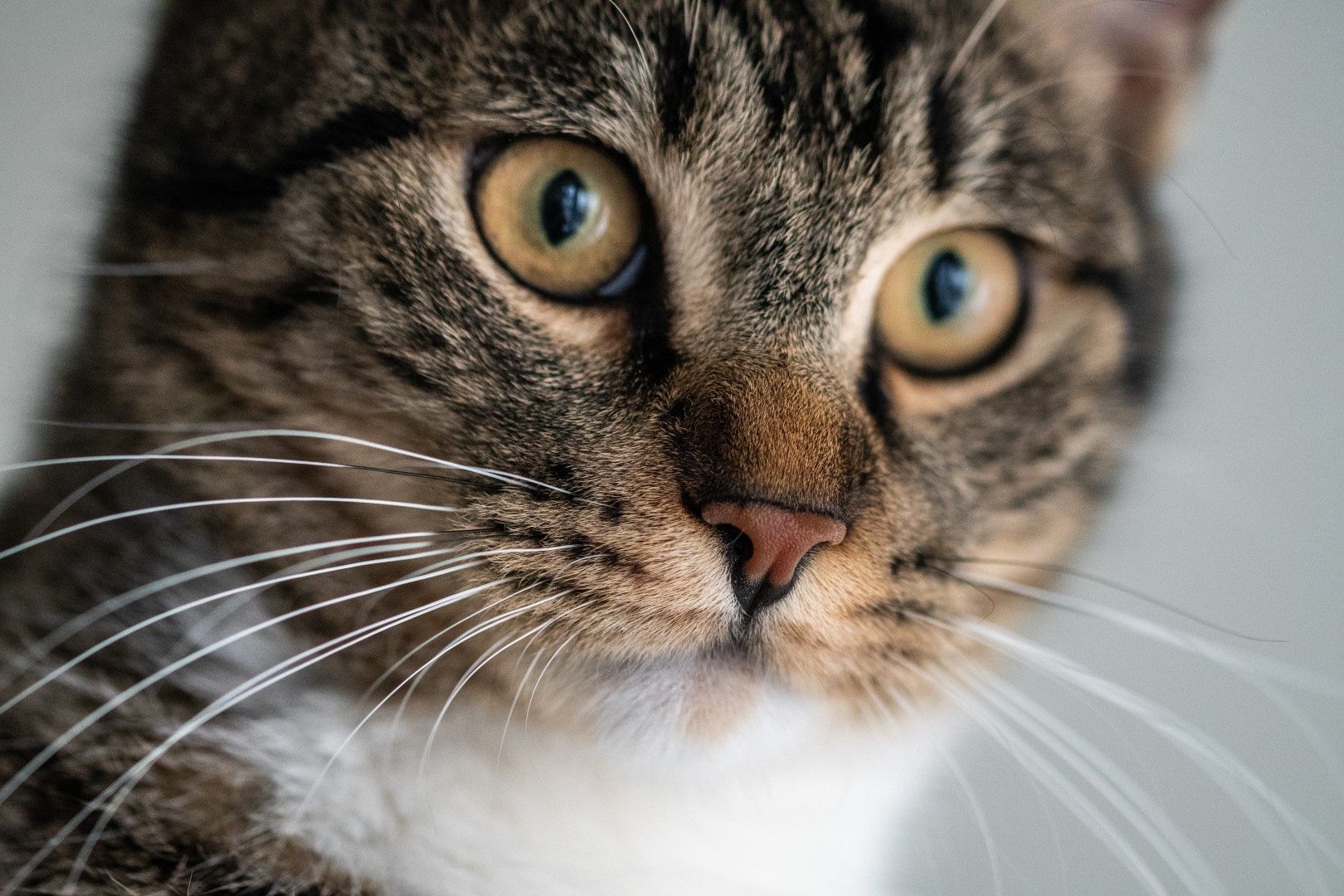Is it right to blame curiosity for killing the cat?

“Curiosity killed the cat!”
A well-known and often-used proverb that warns against inquisitiveness, investigation or experimentation.
Yet, curiosity is attributed over centuries as the driving force behind not only human development, but developments in science, language, and industry. And it is being included in more and more competency frameworks as a valuable skill for professionals to have in their toolkit.
Curiosity as professional skill
Curiosity can be defined as the desire to resolve uncertainty or fill a gap in one’s knowledge (Clay, N. (2020) How to Cultivate Your Curiosity. https://betterhumans.pub).
What are some of the benefits of curiosity as a professional skill? Here are some of the advantages identified by a variety of studies on the topic:
- Curious people are better communicators.
- Curious people are better team players.
- Curious people learn faster and retain more information.
- Curious people are more creative and innovative.
- Curious people are better at problem solving.
- Curious people make better decisions.
- Curious people perform markedly better in analytical and error-detection roles.
- Curious people are happier.
Josh Clark summarised the benefit of curiosity as professional skill quite accurately when he said, “Curiosity is like a vehicle we use to expand ourselves.” Be it in an individual, team or organisational context, curiosity helps us grow!
Then why does curiosity have such a bad reputation?
In an attempt to answer this question, one can consider the multitude of synonyms for “curiosity”. When reflecting on these similar terms, it seems that two distinct categories of synonyms can be created:
- Curiosity identified as being inquisitive, interested, analytical, examining, inspecting or questioning; and
- Curiosity identified as being nosy, prying, snooping, intrusive, meddling or interfering.
The first category seems to be a more positive interpretation of curiosity than the second category.
Our perception or opinion of curiosity therefore seems to be influenced by the “label” we assign to it. And the “label” we assign to it, is selected based on the “filter” that we use when considering curiosity. Our filter would include our previous experiences with curiosity, what we were taught about it, beliefs that we have formed about it, and so forth.
So, did curiosity kill the cat?
Most people are only aware of the first part of the proverb. But the full proverb actually says, “Curiosity killed the cat, but satisfaction brought it back.”
So, it seems that the process of being curious and of questioning things may be uncomfortable, and perhaps even a little dangerous in some contexts. But satisfying that curiosity – obtaining answers to the questions that curiosity causes us to ask – brings the benefits of renewal and growth … be it in the form of much-needed information, problem-identification, clarity, truth, continuous improvement, innovation or any other contribution that curiosity makes to our world.
-
-
+27 (064) 883 6409
-
25 Culross Road, Sandton, Gauteng, 2191

